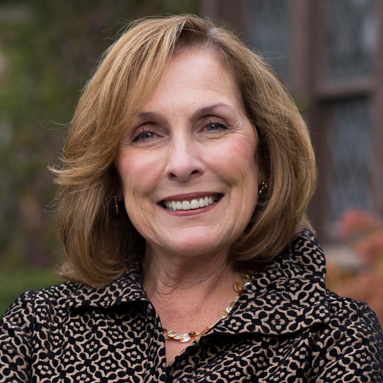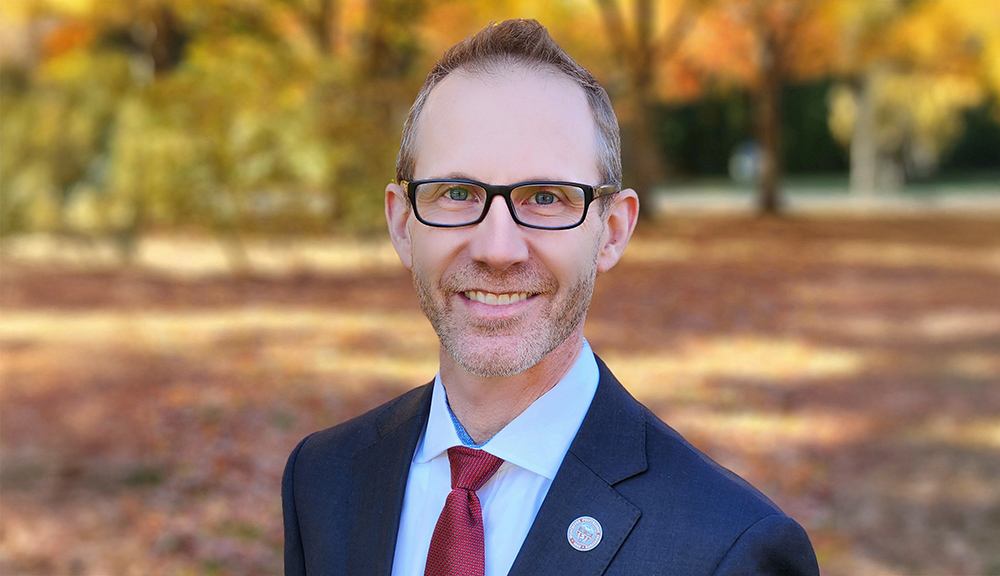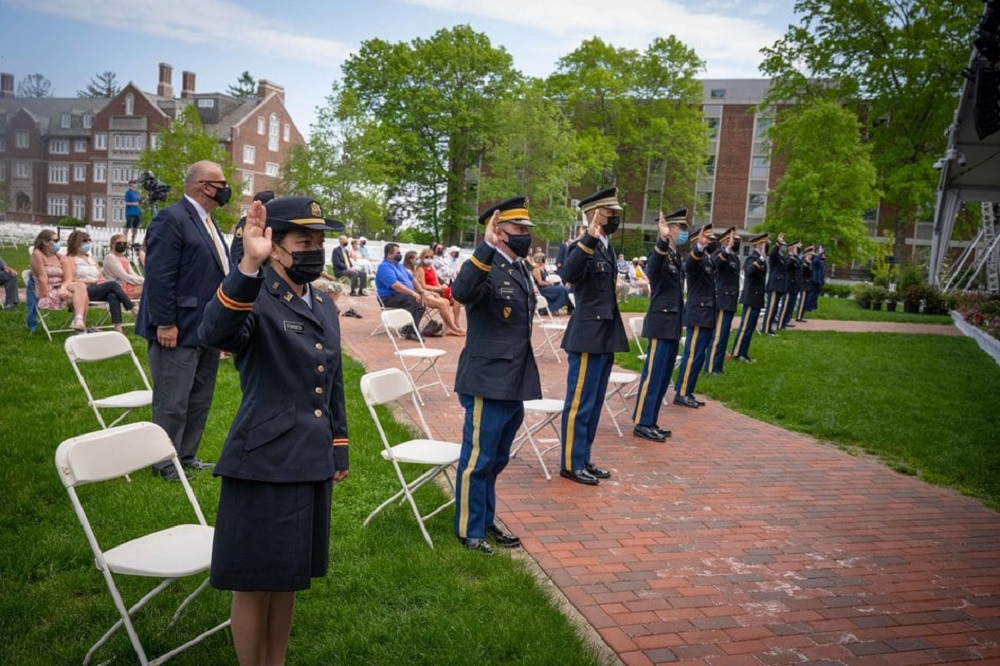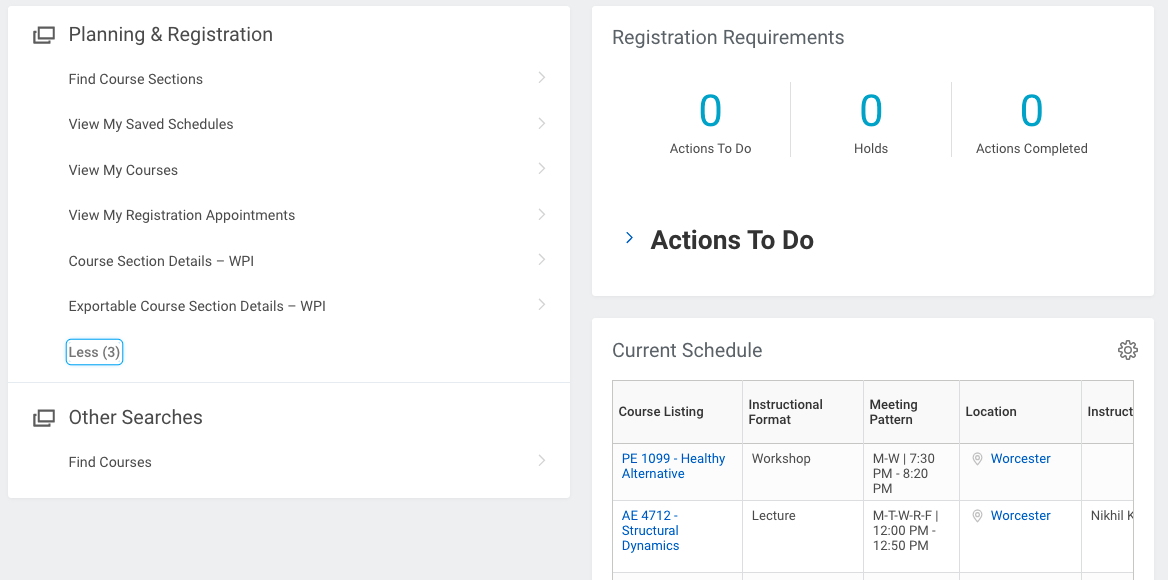Linda Looft, WPI assistant vice president for government and community relations, is one of 35 academia and education professionals from across the state chosen to advise governor-elect Charlie Baker’s transition team on goals and strategies for schools during his upcoming term in office.
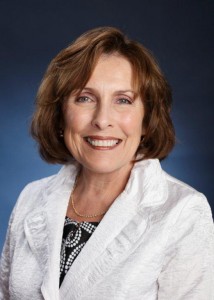 WPI is one of just a handful of higher education institutions represented on the education advisory committee, which also includes representatives from public schools, foundations, consultants, tech schools, and community colleges, as well as retired educators. Beth Anderson of Phoenix Charter Academy Network and UMass-Lowell chancellor Marty Meehan co-chair the group.
WPI is one of just a handful of higher education institutions represented on the education advisory committee, which also includes representatives from public schools, foundations, consultants, tech schools, and community colleges, as well as retired educators. Beth Anderson of Phoenix Charter Academy Network and UMass-Lowell chancellor Marty Meehan co-chair the group.
Though details on the meetings and the final report are being kept under wraps until after the inaugural, Looft says each advisory member was asked to submit a significant amount of input on Pre-K through 16 education. During the subsequent meetings, the members discussed and synthesized the information. Recommendations were put into a preliminary report with all members having editing privileges before the final draft was passed on the administration, she says.
LOOKING FOR BEST IDEAS
“I’m really quite impressed with the fact they are making every effort to include input from across the state,” says Looft. “Plus, [Lieutenant Governor-elect] Karen Polito has been part of the committee and has made it very clear they are looking for the best ideas and are not concerned about which political party is bringing them to the table. It is a very bi-partisan effort and I feel privileged to be part of it.”
